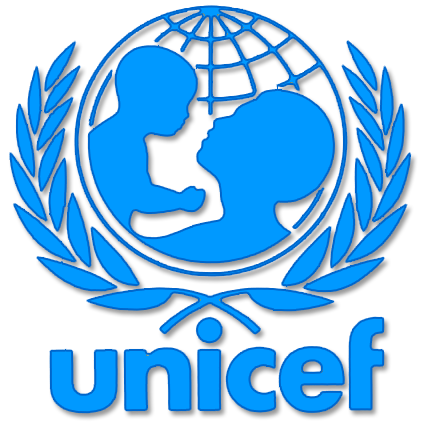 The United Nations Children Fund (UNICEF) and the Centre for Democratic Development-Ghana (CDD-Ghana) have urged districts to allocate resources equitably according to need to reach the most deprived parts of the country.
The United Nations Children Fund (UNICEF) and the Centre for Democratic Development-Ghana (CDD-Ghana) have urged districts to allocate resources equitably according to need to reach the most deprived parts of the country.
“UNICEF and CDD-Ghana have observed that the development gap between districts as recorded in the District League Table (DLT) continues to be a challenge requiring central government to better target district support.”
Madam Evelyn Ngaanuma, Knowledge Management Officer of UNICEF – Tamale Office made the call when making a presentation on the post regional launch of the 2016 DLT for Metropolitan, Municipal and District Assemblies, civil society organisations and media in Tamale.
The DLT, a joint project of CDD-Ghana and UNICEF in collaboration with the Ministry of Local Government and Rural Development, seeks to assess, compare and measure the level of development of all the 216 districts in the country in the provision and delivery of key public services in the areas of health, education, security, governance, sanitation and water.
According to the 2016 DLT, the Northern Region scored 55 per cent for the regional average scores nationwide placing it ninth out of the 10 regions in terms of development levels.
The 2016 DLT showed that 19 out of the 26 districts in the region had scores ranging from 51 per cent and above whiles the remaining seven districts had scored 48.8 per cent and below.
It also showed that there was clearly a wide range in terms of development level between the districts at the top and districts at the bottom in the region.
Madam Ngaanuma said some districts remained in the bottom ranks for three years of the DLT, implying that systems in place for equitable resource allocation were slow, inefficient or not working effectively.
She said accessibility to data still remained a major challenge adding that indicators on district well-being were not easily available and systems for collecting, storing and disseminating data in general were inadequate.
She called for re-examination of formulae for resource allocation especially the District Assemblies’ Common Fund and the District Development Fund as well as curtailing or blocking leakages of resources from national to district levels to ensure more resources to address critical needs at the lower level.
Mr Salifu Saeed, Northern Regional Minister commended UNICEF and CDD-Ghana for coming out with the DLT initiative, which had challenged districts to implement measures to improve on the well-being of the people.
Alhaji Alhassan Issahaku, Northern Regional Coordinating Director described the rankings of districts in the region on the DLT as not good enough calling for engagement with all stakeholders to work at improving the situation.
Dr Callistus Mahama, Head of the Local Government Service, whose speech was read on his behalf, expressed belief that the DLT rankings would strengthen social accountability in development across the country’s districts and improve responsiveness in service delivery in the regions.
Source: GNA























